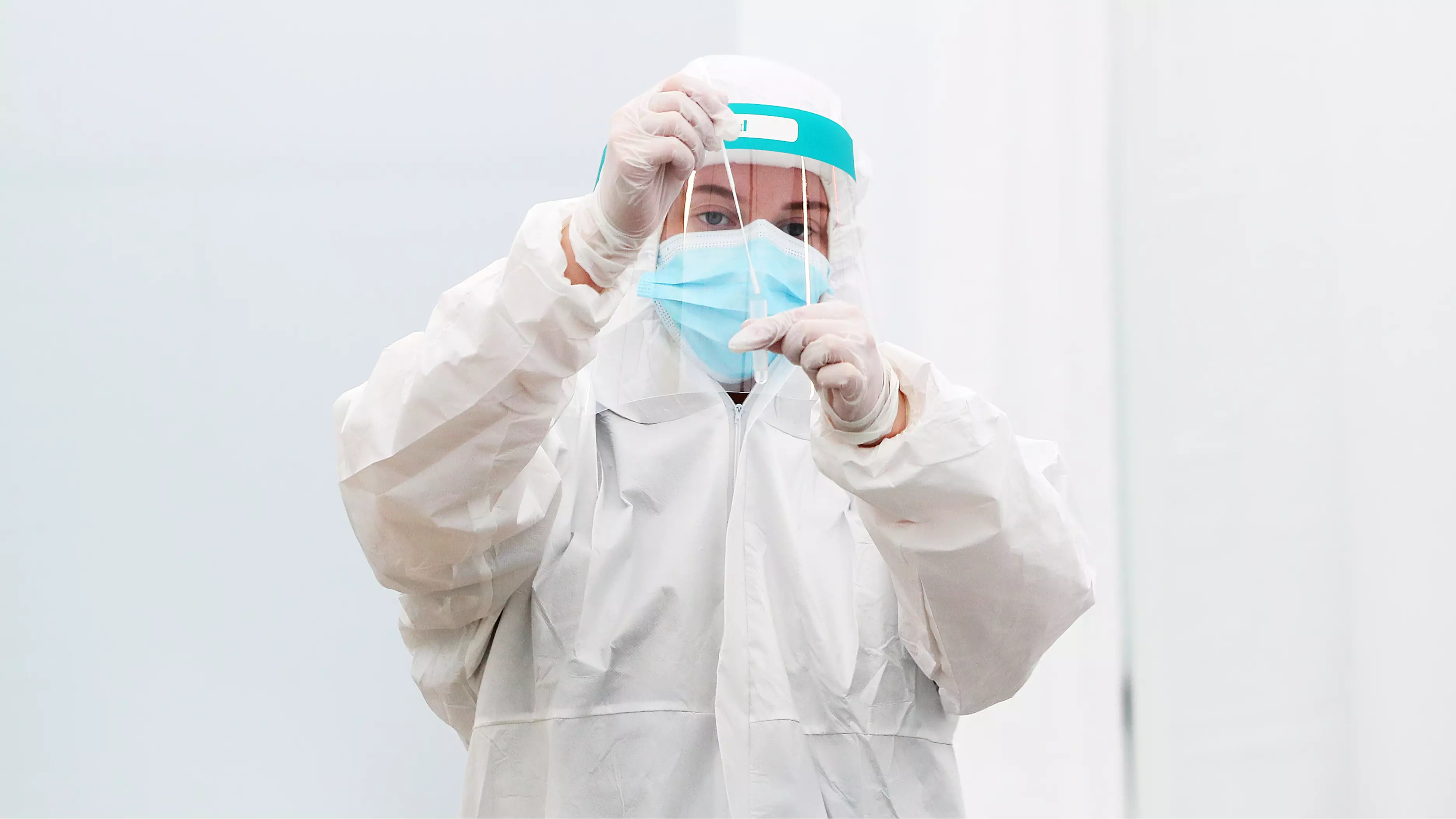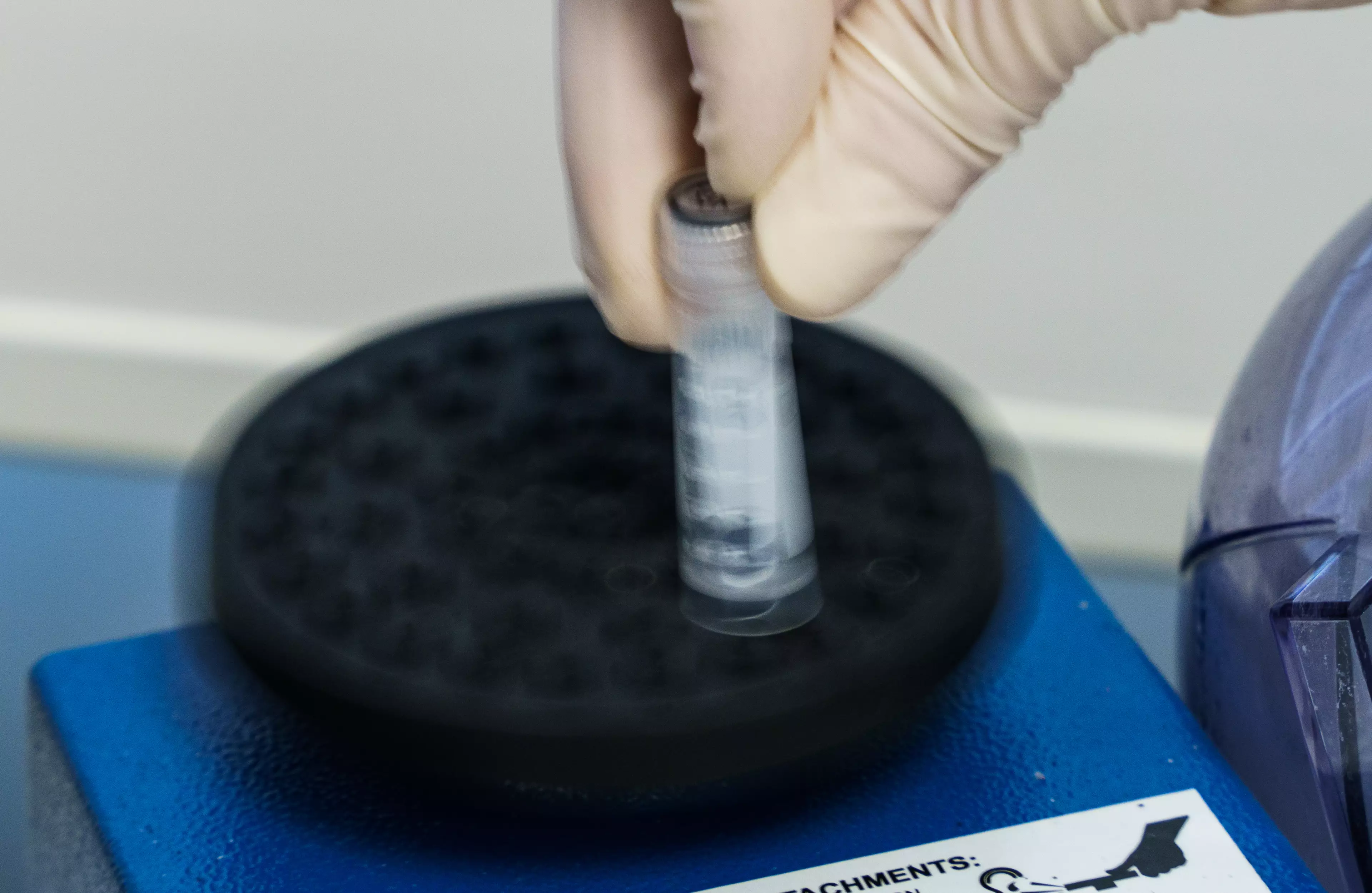
A new strain of the coronavirus has been discovered in California that has already been picked up in Denmark, Mexico and Taiwan.
Officially called B.1.427/B.1.429, this new mutation of Covid-19 was first identified in the western US state during autumn and winter.
Researchers have looked into thousands of virus samples found in California between September and January and discovered this had become the more dominant cause of infection compared to the original virus.
Advert
It helps authorities understand why there was such a surge in new cases as 2020 came closer to an end. The New York Times reported it caused infection numbers to double every 18 days.

Scientists have published a paper that is yet to be peer-reviewed that claims this mutation is up to 40 per cent more effective than the original 'at infecting human cells'.
Interestingly, tests done on the patients with this strain found they had twice the viral load of the virus than with the original strain. People conducting the study also discovered this mutation was deadlier than the first one.
Advert
Study lead author Dr Charles Chiu, a virologist at the University of California told the LA Times: "The devil is already here. I wish it were different. But the science is the science."
There are fears this new strain could be a problem for the vaccine that is being rolled out because some studies have found the antibodies produced by the original virus didn't work as well to kill off the Californian mutation.
In some cases, the antibodies were two-fold lower in effectiveness at combating the new strain.
It's because some of the mutations that have been discovered look too dissimilar from the original and therefore the body doesn't recognise it as well.
Advert
Thankfully, researchers believe it's not nearly as bad as the South African or UK strain that has dominated headlines over the past few months.
William Hanage, an epidemiologist at the Harvard T.H. Chan School of Public Health in Boston, said: "It's not as big a deal as the others. I'm increasingly convinced that this one is transmitting more than others locally.
"But there's not evidence to suggest that it's in the same ballpark as B.1.1.7 [the Kent strain]."
The UK strain, also known as the Kent strain, was believed to be up to 70 per cent more effective at infecting cells and between 30 and 90 per cent more deadly.
Featured Image Credit: PATopics: News